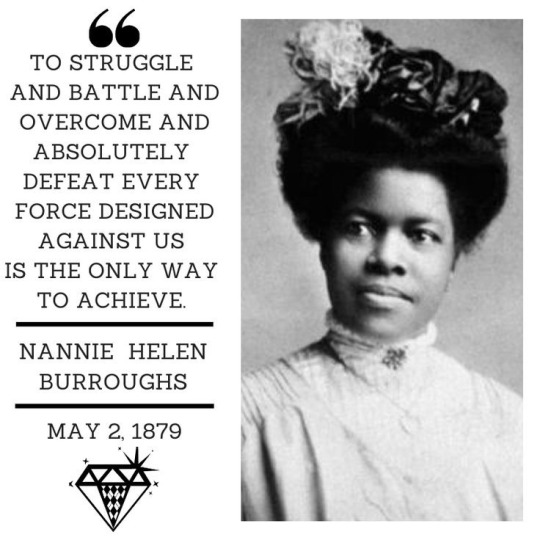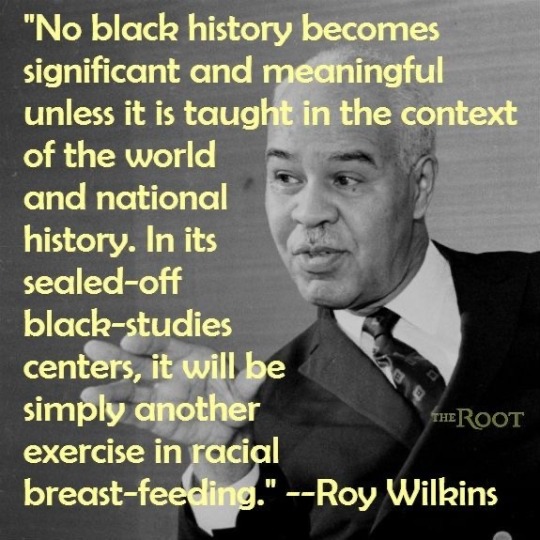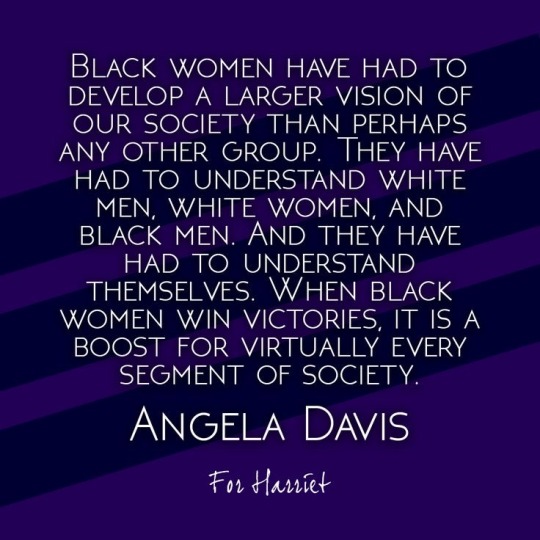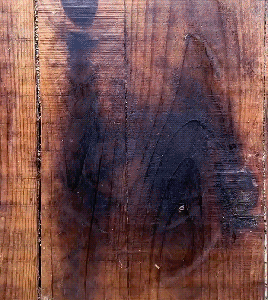Text
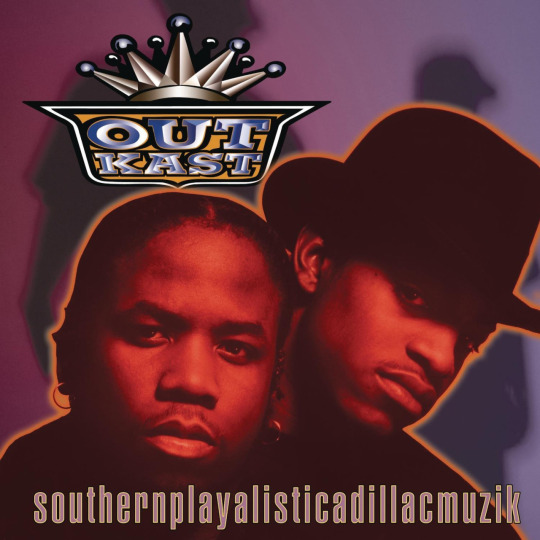
Today in Hip Hop History:
Outkast released their debut album Southernplayalisticadillacmuzik April 26, 1994
56 notes
·
View notes
Text
13 notes
·
View notes
Text
14 notes
·
View notes
Text
13K notes
·
View notes
Text

Today in Hip Hop History:
Gregory Jacobs better known as Shock G died April 22, 2021 R.I.P.
85 notes
·
View notes
Text

Today in Hip Hop History:
Bahamadia was born April 22, 1966
98 notes
·
View notes
Text
Title: "The Significance and Diversity of African Names"
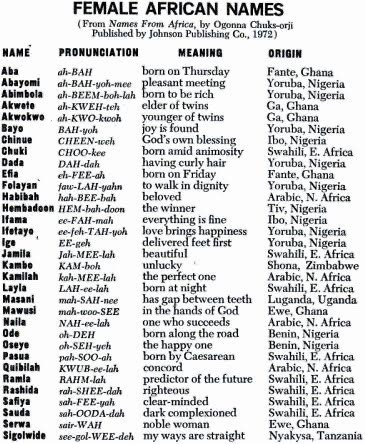
Introduction
African names are a reflection of the continent's incredible diversity, culture, history, and traditions. With over 2,000 distinct languages spoken and a multitude of ethnic groups, Africa is a treasure trove of names that carry deep meanings and unique stories. In this article, we'll explore the rich tapestry of African names, their significance, and the cultural diversity they represent.
The Importance of Names
Names hold a special place in African societies. They are more than mere labels; they encapsulate a person's identity, heritage, and often convey messages of hope, aspiration, and blessings. African names are deeply rooted in the belief that a name can shape a person's destiny and character.
Linguistic Diversity
Africa's linguistic diversity is astounding, with thousands of languages spoken across the continent. Each language group has its distinct naming traditions, resulting in a vast array of names. For example, in West Africa, Akan names such as "Kwame" (born on a Saturday) and "Kofi" (born on a Friday) are common, while in East Africa, Swahili names like "Amina" (trustworthy) and "Nia" (purpose) are prevalent.
Meanings and Symbolism
African names are rich in meaning and symbolism, often reflecting the circumstances of a child's birth, their family history, or the aspirations of their parents. Names can signify virtues like courage, strength, and wisdom or convey hopes for a prosperous and fulfilling life.
Family and Heritage
In many African cultures, names are chosen to honor ancestors, celebrate cultural heritage, or connect the child to their roots. This practice ensures that generations remain connected to their family's history and traditions. For example, the Igbo people of Nigeria often use "Ngozi" (blessing) to convey the hope for a blessed life..
Naming Ceremonies
Naming ceremonies are significant events in many African communities. These ceremonies are joyous occasions where family and friends gather to celebrate the birth of a child and bestow a name. The rituals and customs associated with these ceremonies vary widely, showcasing the diversity of African naming traditions.
Modern Influences
In today's globalized world, African names are not confined to the continent. Many people of African descent living outside Africa proudly bear African names, celebrating their cultural heritage and contributing to the global recognition of the beauty and significance of these names.
Conclusion
African names are a testament to the continent's diversity, culture, and history. They carry profound meanings, connect individuals to their heritage, and celebrate virtues and aspirations. As we embrace and appreciate the beauty of African names, we also acknowledge the importance of preserving and passing on these cultural treasures to future generations, ensuring that the rich tapestry of African identity remains vibrant and thriving.
1. **Kwame (Akan, Ghana):** A male name meaning "born on a Saturday."
2. **Ngozi (Igbo, Nigeria):** A unisex name meaning "blessing" or "good fortune."
3. **Lulendo (Lingala, Congo):** A male name meaning "patient" or "tolerant."
4. **Amina (Swahili, East Africa):** A female name meaning "trustworthy" or "faithful."
5. **Kwesi (Akan, Ghana):** A male name meaning "born on a Sunday."
6. **Nia (Swahili, East Africa):** A unisex name meaning "purpose" or "intention."
7. **Chinwe (Igbo, Nigeria):** A female name meaning "God owns" or "God's own."
8. **Mandla (Zulu, South Africa):** A male name meaning "strength" or "power."
9. **Fatoumata (Wolof, Senegal):** A female name meaning "the great woman."
10. **Kofi (Akan, Ghana):** A male name meaning "born on a Friday."
These are just a few examples, and there are countless other African names with unique meanings and significance. It's essential to remember that Africa is incredibly diverse, and each region and ethnic group has its own naming traditions and languages, contributing to the rich tapestry of African names.
The most popular African names among Black Americans can vary widely based on individual preferences, family traditions, and regional influences. Many Black Americans choose names that connect them to their African heritage and celebrate their cultural roots. Here are a few African names that have been embraced by some Black Americans:
1. **Malik:** This name has Arabic and African origins and means "king" or "ruler."
2. **Amina:** A name of Swahili origin, meaning "trustworthy" or "faithful."
3. **Kwame:** Derived from Akan culture, it means "born on a Saturday."
4. **Nia:** A Swahili name representing "purpose" or "intention."
5. **Imani:** Of Swahili origin, it means "faith" or "belief."
6. **Jamal:** This name has Arabic and African roots and means "handsome."
7. **Ade:** A Yoruba name meaning "crown" or "royalty."
8. **Zuri:** Of Swahili origin, it means "beautiful."
9. **Sekou:** Derived from West African languages, it means "fighter" or "warrior."
10. **Nala:** This name is of African origin and means "gift."
It's important to note that while these names have African origins, their popularity among Black Americans can vary by region and individual choice. Additionally, some Black Americans choose to create unique or hybrid names that blend African and American influences, reflecting their personal and cultural identities. The naming choices among Black Americans are diverse and reflect the rich tapestry of their heritage and experiences.
African Languages: A Tapestry of Diversity and Culture"
Introduction
Africa is a continent known for its stunning natural landscapes, diverse wildlife, and rich cultural heritage. Among its many treasures, the continent boasts an astonishing linguistic diversity that is often overlooked. In this article, we delve into the fascinating world of African languages, exploring their diversity, cultural significance, and the challenges they face in a rapidly changing world.
The Linguistic Kaleidoscope
Africa is home to over 2,000 distinct languages, making it one of the most linguistically diverse regions on the planet. These languages belong to several different language families, including Afroasiatic, Nilo-Saharan, Niger-Congo, and Khoisan, each with its unique characteristics.
Niger-Congo Family: The vast majority of African languages, including Swahili, Yoruba, Zulu, and Kikuyu, belong to the Niger-Congo language family. This family stretches across West, Central, and Southern Africa, reflecting the continent's linguistic richness.
Afroasiatic Languages: Arabic, a member of the Afroasiatic family, has a significant presence in North Africa, while other Afroasiatic languages like Amharic are spoken in the Horn of Africa.
Nilo-Saharan Languages: Found in parts of East and North Central Africa, Nilo-Saharan languages include Dinka, Kanuri, and Nubian.
Khoisan Languages: These languages, characterized by their unique click consonants, are primarily spoken by indigenous groups in Southern Africa, such as the San and Khoi people.
Cultural Significance
African languages are not just tools of communication; they are repositories of cultural heritage and identity. They carry the history, stories, and traditions of their speakers. Each language is a key to unlocking the rich tapestry of African cultures, from oral storytelling and folklore to religious rituals and traditional medicine
Preserving Cultural Diversity
Despite their cultural importance, many African languages are endangered. The rise of global languages like English, French, and Portuguese, often due to colonial legacies, has led to the decline of indigenous languages. To address this, efforts are being made to document, preserve, and revitalize endangered African languages through education, community initiatives, and technology.
A Language of Unity
In some regions, African languages are a means of fostering unity. For example, Swahili, a Bantu language with Arabic influences, serves as a lingua franca in East Africa, promoting communication and cooperation among diverse ethnic groups.
Challenges and Opportunities
While African languages face challenges in an increasingly interconnected world, they also offer unique opportunities. Embracing linguistic diversity can strengthen cultural identities, promote inclusive education, and drive economic growth through multilingualism.
Conclusion
African languages are an integral part of the continent's rich heritage and cultural tapestry. They represent the diversity of Africa's peoples and their traditions. While challenges exist, there is hope that efforts to preserve and celebrate these languages will ensure that they continue to thrive, enriching the world with their unique beauty and significance. In an increasingly globalized world, Africa's linguistic diversity is a testament to the resilience and vibrancy of its cultures.
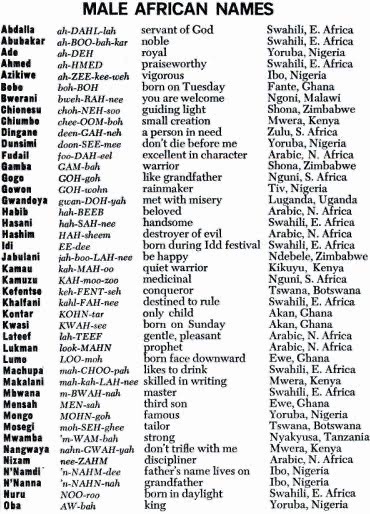
709 notes
·
View notes
Text
Israel is “clearly” in violation of U.S. foreign assistance laws that bar military aid from being used to commit human rights atrocities, Sen. Bernie Sanders (I-Vermont) said in an op-ed this week calling for the U.S. to end its “complicity” in Israel’s genocide in Gaza.
19 notes
·
View notes

